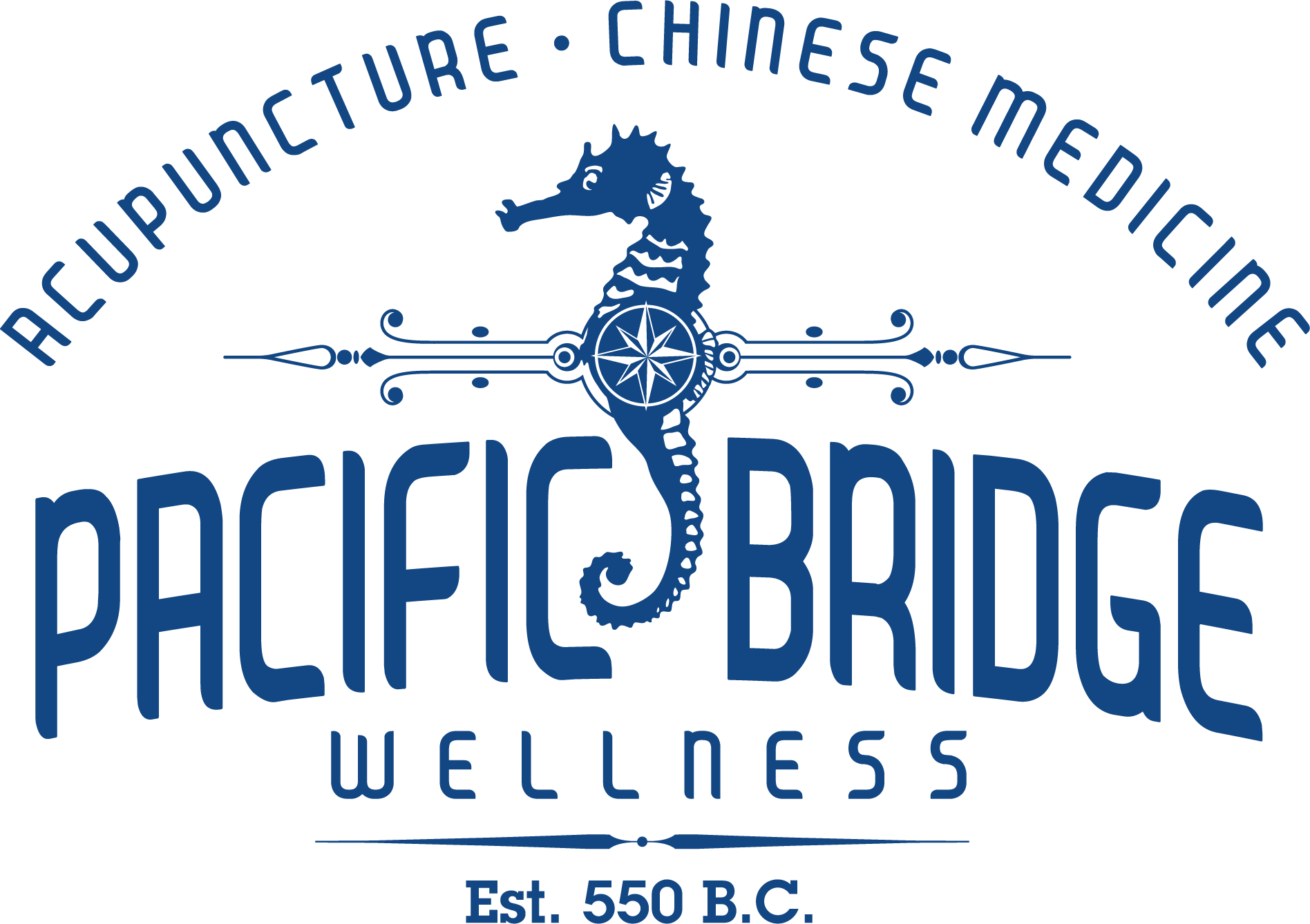Chinese Medicine and Cancer
Bridging East with West: An Integrated Approach for Patients Diagnosed with Cancer
Being diagnosed with cancer can feel devastating. Having given over thirty thousand acupuncture and Chinese medicine treatments in both private practice and an integrated oncology center, individuals diagnosed with various types of cancer have conveyed to me that when given the initial diagnosis of the “Big C” they feel like a deer in headlights. While it is true that cancer is the second leading cause of death in the United States—just below heart disease (Leading causes of Death. 2013, December 30)—it does not necessarily mean that you will be part of the statistic.
With advances in Western medicine, and by integrating treatment modalities such as acupuncture and Chinese herbal medicine, many patients can better tolerate their allopathic treatments (i.e. chemotherapy, radiation, surgery, etc.) with a reduction in side effects. Many of my patients reported an increase in their quality of life (QOL) with the significant reduction of pain and other side effects from the Western agents (Vinjamury, S. P., Li, J., Hsiao, E., Huang, C., Hawk, C., Miller, J., & Huang, Y. 2013, July 30. Effects of acupuncture for cancer pain and quality of life – a case series). This enables them to continue their prescribed Western treatments allowing them to maintain the recommended course of treatment with little or no deviation in the treatment protocol—thus, potentially increasing therapeutic efficacy (Schröder, S., Lee, S., Efferth, T., & Motoo, Y. (2013, November 25). 1. Complementary and Alternative Medicine (CAM) in Cancer Care).
Below are some helpful guidelines for oncology patients:
Find an oncologist with whom you feel comfortable
Ask questions and build a professional rapport. If necessary, seek a second opinion from another oncologist and discuss the treatment options and health concerns that you may have. It is important to have a running dialogue with your oncologist and primary health care physicians. Do not be afraid to communicate any signs or symptoms that you may be experiencing—your oncologist and PCP always appreciate being informed.
Bring a family member, a loved one, or a friend
Write down a list of questions or concerns that you may have for your oncologist. Often after being newly diagnosed with cancer, you may not clearly understand all the information that is being conveyed to you. Having a second set of ears can be an asset.
Integrate your primary oncology treatments
Integrate your primary oncology treatments with supplementary treatment modalities such as acupuncture, Chinese herbal medicine, nutritional advice and Western supplements (preferably from a naturopathic physician with expertise in helping to manage and coordinate cancer treatments, a naturopathic doctor with FABNO or OncANP, or one with extensive oncology experience is preferable if at all possible). Here is a link to help you with your search. I always state to my patients that every treatment modality has its strengths and weaknesses. Chinese medicine is not excluded from this statement, however, it is time-tested and continues to prove its track record with research conducted all over the world and in the West. It is supplementary to Western allopathic oncology treatment modalities (meaning it is not to take the place of Western oncology forms of treatments such as chemotherapy, radiation, surgery etc.) however, the oncologists I worked with often brought me into the consultation referring to Chinese medicine as a “secret weapon to have in the arsenal of managing cancer and helping to reduce side effects/support the body’s natural defenses.”
Acupuncture and Chinese medicine can help
Acupuncture and Chinese medicine can help to reduce nausea, fatigue, tumor-related pain, post-operative pain/surgical recovery and depression that many cancer patients experience with the standard treatment protocols of chemotherapy, radiation, and surgery. Additionally, Chinese medicine can have a positive effect immunologically (Shi Quan Da Bu Tang. (2014, February 06). Retrieved July 11, 2014). The scope of Chinese medicine is thousands of years old and has much to offer those diagnosed with cancer. It can help a person have a better quality of life (QOL). Many advanced-stage cancer patients diagnosed as palliative care are suggested to seek acupuncture & Chinese medicine as supportive therapy. Chinese medicine can help a person’s QOL and some oncology patients have even been reassessed as being in remission—often with the aid of integrative therapies.
Acupuncture & Chinese Medicine is “broad-spectrum”
Acupuncture and Chinese medicine helps to manage the whole body. Often, there is no treatment protocol for certain types of rare cancers even with Western medicine. Whether you have a rare type of cancer or otherwise, I am confident I can help you manage your side effects, support your body’s natural defenses and help you get through your Western treatment protocols.
Consider enrolling in a local Qigong or Tai Chi (aka taijiquan) program
This can be beneficial for regulating cortisol levels and helping improve QOL. (Zeng, Y., Luo, T., Xie, H., Huang, M., & Cheng, A. S. (2013). Health benefits of qigong or tai chi for cancer patients: A systematic review and meta-analyses. Complementary Therapies in Medicine. doi: 10.1016/j.ctim.2013.11.010).
Have a positive outlook
Never give up, and have a supportive social network of family, friends, and loved ones.

